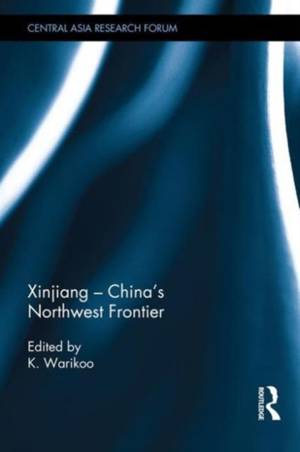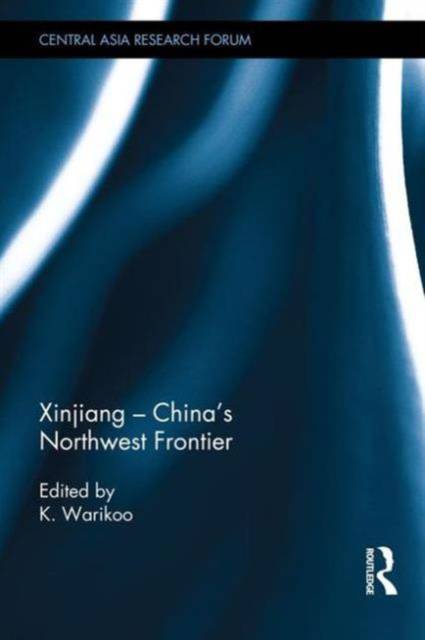
- Retrait gratuit dans votre magasin Club
- 7.000.000 titres dans notre catalogue
- Payer en toute sécurité
- Toujours un magasin près de chez vous
- Retrait gratuit dans votre magasin Club
- 7.000.000 titres dans notre catalogue
- Payer en toute sécurité
- Toujours un magasin près de chez vous
Xinjiang - China's Northwest Frontier
Description
Xinjiang is the 'pivot of Asia', where the frontiers of China, Tibet, India, Afghanistan, Pakistan and Central Asia approach each other. The growing Uyghur demand for a separate homeland and continuing violence in Xinjiang have brought this region into the focus of national and international attention. With Xinjiang becoming the hub of trans-Asian trade and traffic, and also due to its rich energy resources, Uyghur Muslims of Xinjiang are poised to assert their ethno-political position, thereby posing serious challenge to China's authority in the region.
This book offers a new perspective on the region, with a focus on social, economic and political developments in Xinjiang in modern and contemporary times. Drawing on detailed analyses by experts on Xinjiang from India, Central Asia, Russia, Taiwan and China, this book presents a coherent, concise and rich analysis of ethnic relations, Uyghur resistance, China's policy in Xinjiang and its economic relations with its Central Asian neighbours.
It is of interest to those studying in Chinese and Central Asian politics and society, International Relations and Security Studies.
Spécifications
Parties prenantes
- Editeur:
Contenu
- Nombre de pages :
- 212
- Langue:
- Anglais
- Collection :
Caractéristiques
- EAN:
- 9781138184916
- Date de parution :
- 14-03-16
- Format:
- Livre relié
- Format numérique:
- Genaaid
- Dimensions :
- 157 mm x 234 mm
- Poids :
- 566 g






